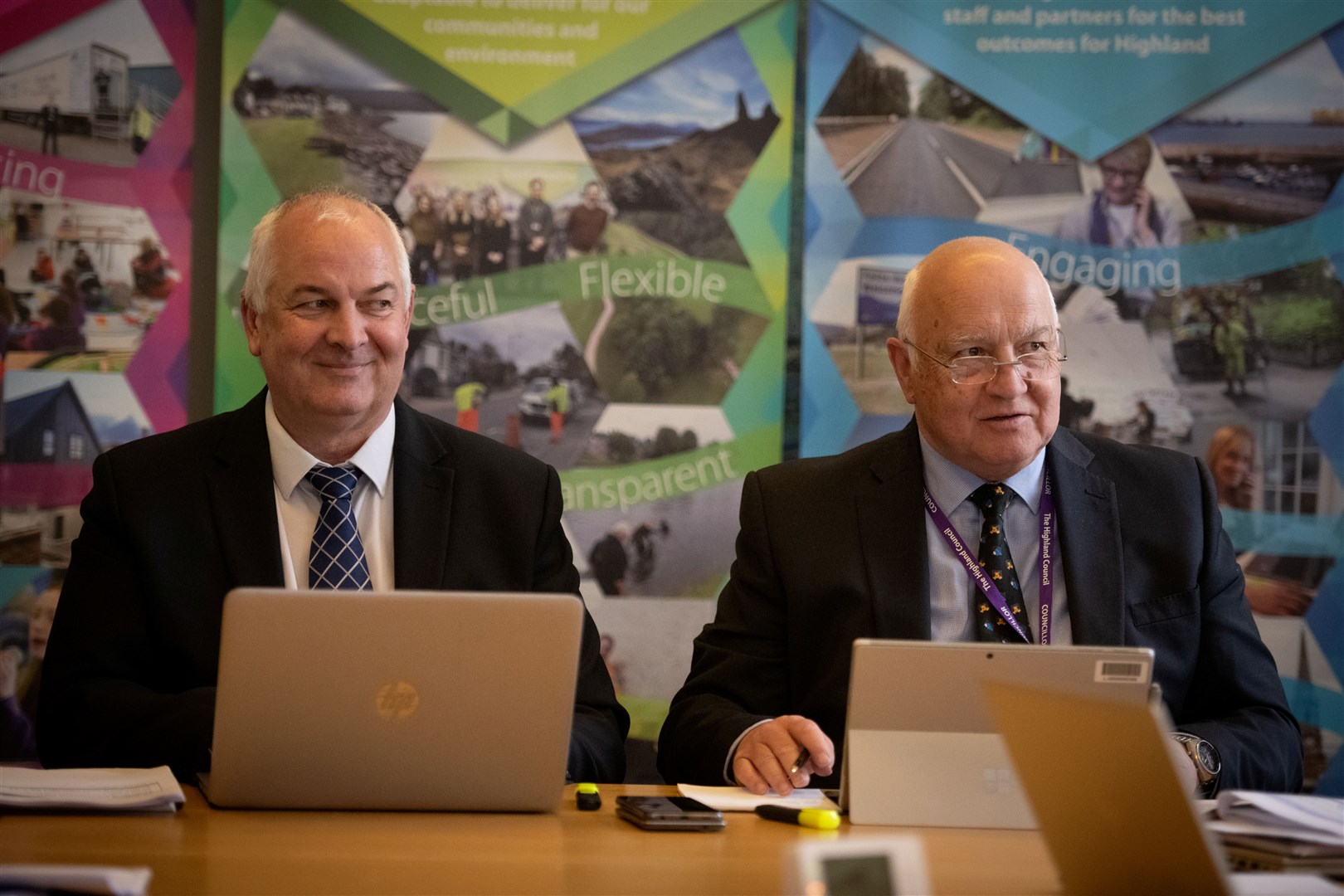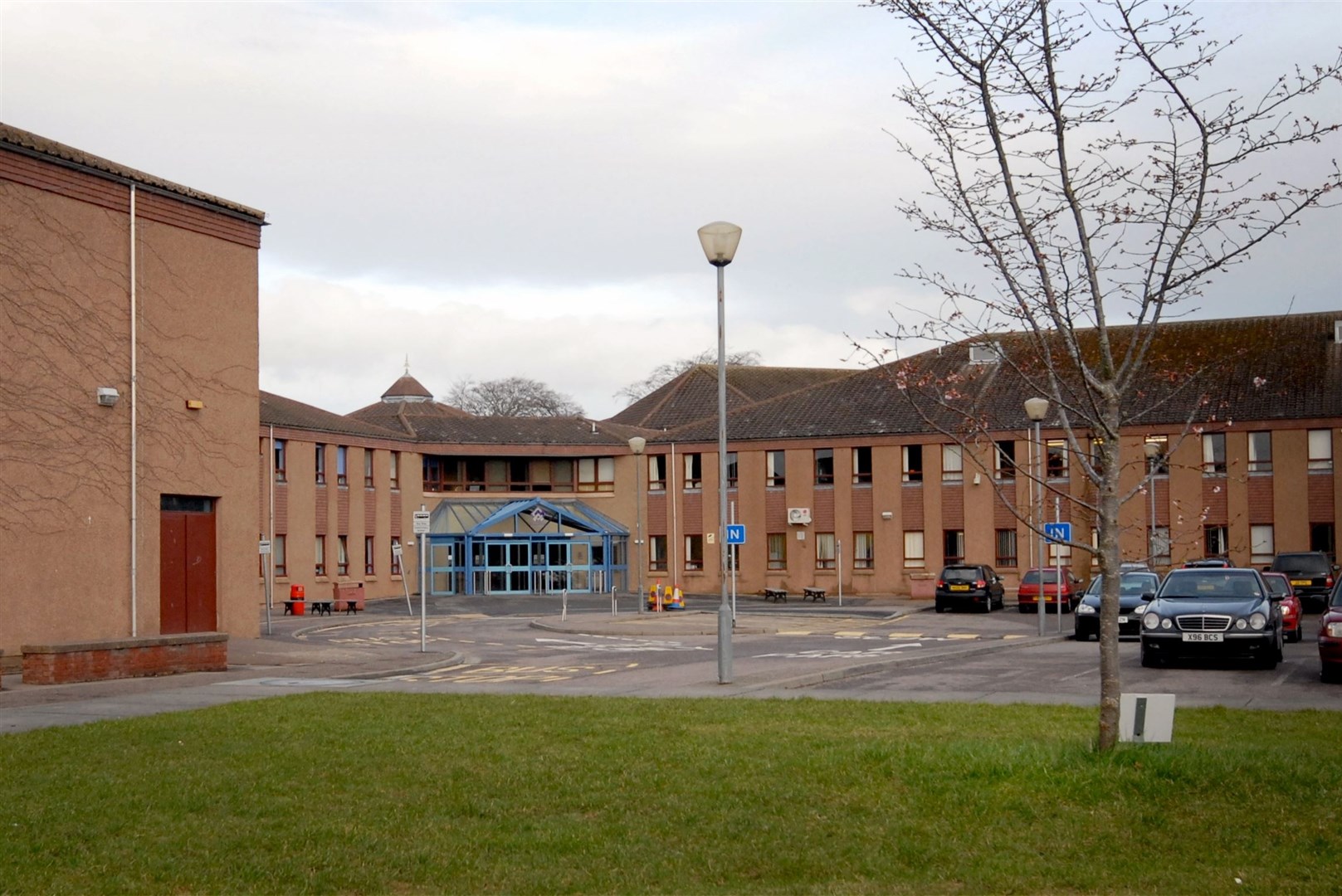Council approves the new Highland Investment Plan worth £2 billion over the next 20 years with schools and roads a priority

Click here to sign up to our free newsletters!

A financial rethink described as “one of the biggest investment programmes in Scotland and the largest ever for Highland” has been approved by the local authority.
The plan envisages hundreds of millions being invested in schools in Dingwall, Alness and Invergordon.
SEE ALSO:
Mum demands clarity on ending ‘disgraceful’ failure over St Clement’s
‘What’s not to like’ about new roads and school investment in Ross-shire?
Can Highland Council deliver £2bn investment in roads and schools?
The Highland Investment Plan is worth £2 billion over the next 20 years and promises wide-ranging investment across communities in the vast region with over £1bn of capital investment in schools and roads over the next 10 years in phase one of the programme.
It will be funded by borrowing and potential rises in council tax. Two per cent of council tax income annually will also be ring-fenced for investment.
Some councillors were concerned over what would happen if there was a government imposed council tax freeze of if the new First Minister abolished council tax altogether.
The plan’s proposals intend to address the two biggest problems facing the council in terms of investment and reputation – schools and roads but other areas are included too.
It was voted in overwhelmingly today against an amendment from Alasdair Christie, Inverness, who was worried about the funding details and urged that it go for a full report to their Corporate Resources Committee.
He likened the plan to taking out an interest free mortgage on a house and warned: “I think there is an awful lot more to be drawn out of this. Let’s do it properly and efficiently.”
There was some concern that overcrowded Culloden Academy was not included in the initial phase of the plan with new facilities shelved for 11 years.
Cllr Trish Roberts, Culloden, said because of crowding some pupils choose to eat lunch in the toilet.
She warned that the catchment area was forecast to have 10,000 new homes in the next 20 years and asked: “Where are the residents children going to go? We will have problems long before 11 years is up.”
After the meeting Convener of the Council Bill Lobban said: “What is proposed is a ground-breaking, long term infrastructure investment programme for the Highland area, which will create jobs and economic prosperity across the region and constitute transformative change over the next 10 years.
“It is a radical solution to the significant challenges we face in maintaining and renewing our asset base.
“The Highland Investment Plan responds to the widespread public support for further investment in the school estate, as well as emerging critical issues that we face in dealing with schools with RAAC and HACC. (construction materials problems).
“We cannot simply rebuild schools like for like, and where possible, we will explore retrofit and co-location opportunities.
“Importantly, we are seeking to maximise our spending power to create innovative Community Points of Delivery for a wider range of public services in one location that can meet wider community needs as part of a strategic plan for communities.”

Leader of the Council Raymond Bremner said: “The Highland Investment Plan will be one of the biggest investment programmes in Scotland and the largest ever for Highland.
“In addition to improving our school estate, the planned investment will help to address the on-going challenges we face in maintaining over 4000 miles of Highland roads and sustaining rural communities.
“The previous three years have seen increased funding for the roads capital programme. The capital review of September 2023 provided roads additional capital investment of £7.8m over five years and in March, members agreed another £40m over three financial years.
“A long-term investment programme for roads and transportation will ensure a sustainable approach to investment, contractor procurement, and opportunities to attract match funding from developer contributions or other external funding sources.
“There will also be significant local contracting and business opportunities and wider community economic benefit associated with the delivery of the Investment Plan.”
The first 10 years of the Investment Programme will see investment in an initial phase of projects which will be place-based.
These include Dingwall, with £400million investment to redevelop education and community facilities across the town in addition to housing, infrastructure and depots; with a similar approach in Thurso, Alness, Brora, Dornoch, Goslpie and Invergordon.
Schools identified for investment in phase one include Beauly, Charleston, Dunvegan, Fortrose and Inverness High School.
Initial seed-funding of £2.8m will create £50m of capital to start the investment fund.
Ringfencing 2% on council tax each year will generate capital to maintain the funding plan over the long-term.
The funding will be agreed each year by Council as part of the budget setting process.
This investment will deliver improvements to around half of the council’s early learning, primary and secondary school estate with over 4,000 secondary pupils seeing their school buildings improved from a C rating for Condition and/or Suitability to at least a B rating over the next 10 years, representing a third of the secondary school estate. There will be similar benefits to primary and early years children.
Do you want to respond to this article? If so, click here to submit your thoughts and they may be published in print.
Source link





